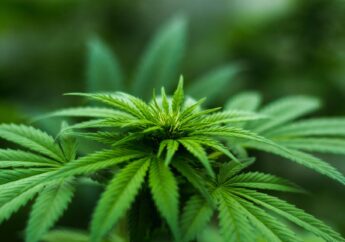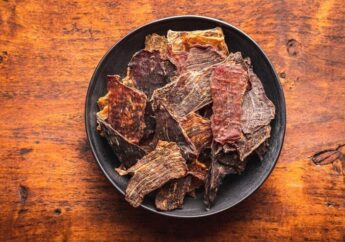Manuka Honey Benefits, Uses, And Its Grading System
by Arnab Dey Health Care Services Published on: 11 January 2023 Last Updated on: 20 March 2025
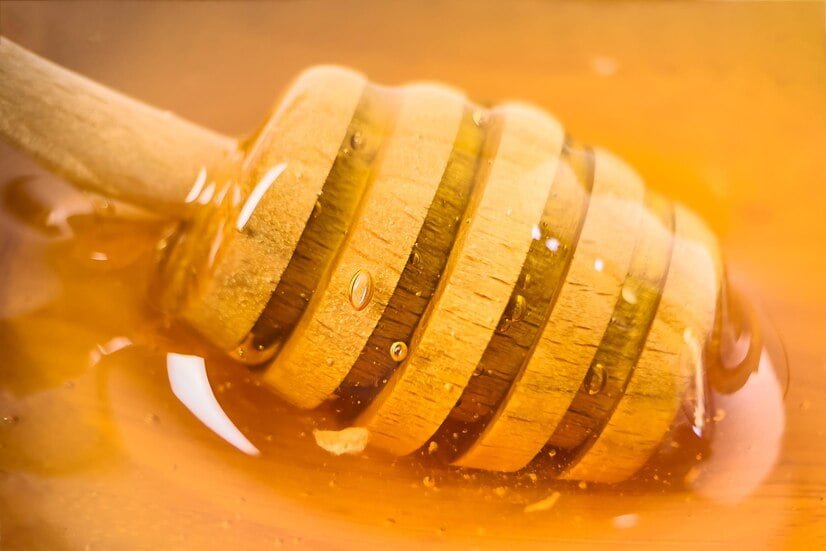
Manuka honey is a type of honey that is produced in New Zealand and Australia. It is made from the nectar of the Tea Tree plant, which grows naturally in the area. Manuka honey has some amazing benefits and uses.
It has been found to be effective in treating wounds such as burns, cuts, scrapes, and ulcers. It also helps with skin conditions like eczema, acne, and psoriasis. Manuka honey is a type of honey made from the nectar of the Manuka bush and has been found to have many health benefits.
It is graded on a scale of 1-5, with one being the lowest quality and 5 being the highest. The grading system is based on how much methylglyoxal (MGO) it contains. The more MGO, the higher grade will be.
What Is Manuka Honey?
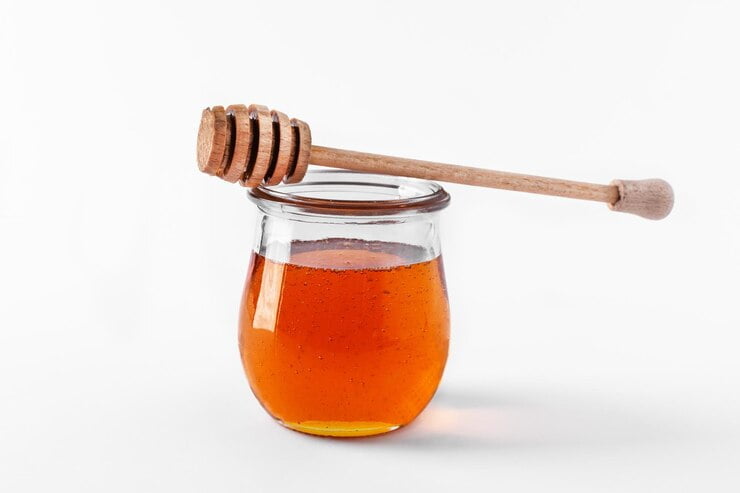
Manuka honey is made in Australia and New Zealand. The bees and the pollinate are the native Leptospermum Scoparium, but the common name for these trees is the tea tree. We all know tea trees have multiple health benefits.
From treating infections and treating other health conditions, manuka honey is used. All the goodness of tea tree oil is extenuated in manuka honey.
Let’s start with the benefits of manuka honey.
What Are The Benefits Of Manuka Honey?
The highest UMF Manuka Honey is known for its powerful medicinal properties and is often recommended for treating various health conditions.
Even some researchers are also showing these honey are pretty good for treating various health conditions along with treating wounds and small cuts and burns. It is also pretty effective for treating skin rashes and fungal infections of the skin.
- Use for treating minor wounds and burns.
- Useful for treating different skincare routines like eczema and dermatitis.
- Soothes up the cold and sore throats.
- Improve digestive health.
- Manuka honey is used to treat wounds and is used as medical-grade honey.
Manuka honey has all of these benefits. But treating any of the skin conditions is only possible when the wounds or the infections are small. Hence for the deeper wound, you need to see the doctors or any of the healthcare professionals.
Manuka Honey Grading System
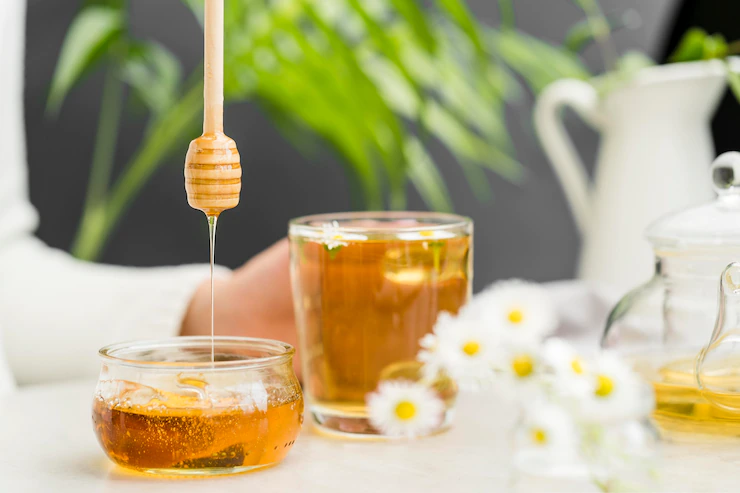
There are three grades of Manuka honey: UMF 10+, UMF 20+, and UMF 25+. The higher the grade, the more potent it is. Manuka honey is sold in two forms, liquid and pasteurized.
Pasteurized honey has been heated to kill any harmful bacteria and other contaminants. How much manuka honey should I take? That depends on how much raw you opt for (manuka). Generally, a teaspoon or a tablespoon is about the same as one ounce of raw manuka.
Manuka honey is also often referred to as “Therapeutic Grade Honey” and is used topically for burns, skin issues, infections, and ulcers. Manuka honey extract: What does Manuka Honey Extract do? What kind of benefits does it provide? How much should I take?
Manuka honey extract has been shown to be effective against a wide variety of bacteria, yeast, and fungus. It is also a well-documented anti-inflammatory and antioxidant that can help support the immune system. The recommended dose for Manuka honey extract is three millimeters up to three times per day with multiple doses throughout the day.
How Is Manuka Honey Tested?
Honey producers in New Zealand use their own grading system through MGO, NPX, and pollen levels. Good quality Manuka honey is able to pass three tests with a score of 75-80 points. The three tests are as follows: –
The first test is the MGO test.- Second is the NPX test.- Third is a pollen test.MGO – Most Manuka honey contains less than 200 ppm (parts per million) of methylglyoxal, while some have as much as 70,000 ppm.
This can be caused by the use of hydrogen peroxide in the processing process and/or by applying heat to kill bacteria that may be present in raw honey. NP X – The non-peroxidase test is a measurement of the amount of hydrogen peroxide in honey. If this is less than 20 ppm, then it is considered to be good quality Manuka honey.
Pollen Count – A pollen count check is done on batches that have been filtered and centrifuged or vacuum-filtered. When the pollen count is greater than 150,000, it can indicate that there are too many leaves present in the honey and, therefore, impurities such as water.
Wrapping Up:
Manuka honey is medically tested, and many health experts agree with the points that manuka honey’s benefits. Manuka honey has all the goodness, like tea tree oils.
The good antibacterial properties are making this item a unique item that you must add to your first aid kits. Like this honey, there are different types of honey. And all types of honey have different benefits for health. You just have to know which honey you should use and for what purpose.

































































































